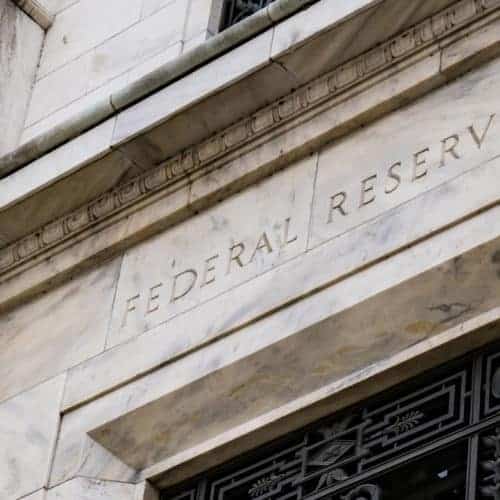
An Overview of the Main Street Lending Program – What You Need to Know
Disclaimer: This information was correct at the time of publication; however, new guidance from government agencies may be issued at any time, causing some or all of this information to change. Please visit our COVID-19 Business Strategy Hub for the latest news and ensure you are subscribed here to receive email alerts as they are released. We are working diligently to provide the most current information as it becomes available under our COVID-19 Actionable Insights For Businesses Series.
On April 9, 2020, the Federal Reserve established the Main Street Lending Program (“MSLP”) to assist small to mid-sized businesses impacted by the coronavirus pandemic that were previously in good standing.
Who is eligible?
Small to mid-sized businesses with up to 10,000 employees or 2019 revenues of less than $2.5 billion are eligible for the MSLP. Companies must also be created or organized in the United States or under the laws of the United States. In addition, organizations must have significant operations in the United States as well as have a majority of its employees located in the United States.
What are the terms?
Loans under the MSLP program have a 4-year maturity with amortization of principal and interest deferred for one year. Rates are calculated as the Secured Overnight Financing Rate (“SOFRA”) plus 2.50% to 4.0%, as determined by the bank, and prepayment is permitted without penalty. Companies will pay an origination charge of 1% of the loan amount. The minimum loan amount is $1 million, and the maximum loan is the lessor of the following:
- $25 million, or
- An amount that, when added to the eligible business’s existing outstanding and committed but undrawn debt, does not exceed four times the business’s 2019 earnings before interest, taxes, depreciation and amortization (“EBITDA”).
Where do eligible businesses apply?
Similar to the 7(a) / Paycheck Protection Program (PPP) loans, companies will apply for these loans directly with eligible banks. Banks will then retain 5% of the loan and sell the remaining 95% to the Federal Reserve, up to the $600 billion allocated to the program.
However, unlike the 7(a) PPP loans, no portion of the MSLP loan will be forgivable, and the loans include compensation, stock repurchase and capital distribution restrictions that apply to the period from the date of the loan until the date 12 months after the date on which the loan is no longer outstanding. The MSLP is comprised of two lending facilities, the Main Street New Loan Facility (“MSNLF”), which is for new loans, and the Main Street Expanded Loan Facility (“MSELF”), which is for the expansion of existing loans.
When will the MSLP start?
As long as it meets the requirements of the program, loans originated on or after April 8, 2020, are eligible for the program. However, the Federal Reserve has a comment period that is open until April 16, 2020. We expect additional guidance from the Federal Reserve after the comment period ends and believe banks will be hesitant to start the process with these loans until after the comment period is over. Guidance from the Federal Reserve also does not note whether these funds will be allocated on a first-come, first-serve basis like the PPP loans.
Why should businesses consider the MSLP?
In the current environment, companies may find it difficult to secure financing to meet short to mid-term cash flow needs, and the MSLP is an option available to fill this need for small to mid-sized businesses impacted by the crisis. Further, in addition to the ability to pre-pay the loan without penalty, loans under the MSLP are unsecured. Additionally, companies that applied for and/or received loans through the 7(a)/PPP loan program are eligible for the loans through MSLP.
How can Moore Colson help?
This is a challenging time, and understanding your options can give you peace of mind that your organization is prepared and that you can act accordingly when the need arises. Moore Colson can help you understand your cash flow needs by developing a multi-week cash flow projection, which will assist in identifying any operating cash flow shortfalls. After helping you understand your business’s cash flow needs, we can help you navigate the options available to cover any projected shortfalls, including applying for an MSLP loan.

Tyler Wright, CPA/ABV/CFF, CFE, is a Director in the firm’s Consulting Practice. Drawing on 15 years of experience as an external auditor, internal auditor, and forensic accountant, Tyler provides accounting and financial advice in forensic investigations and commercial disputes.

Chris Tierney, CTP, CFE, is a Partner and the Group Leader for Moore Colson’s Consulting Practice. Chris has over 32 years of experience in providing financial, operational and strategic management, analysis, and advice to domestic and international companies and their stakeholders.
